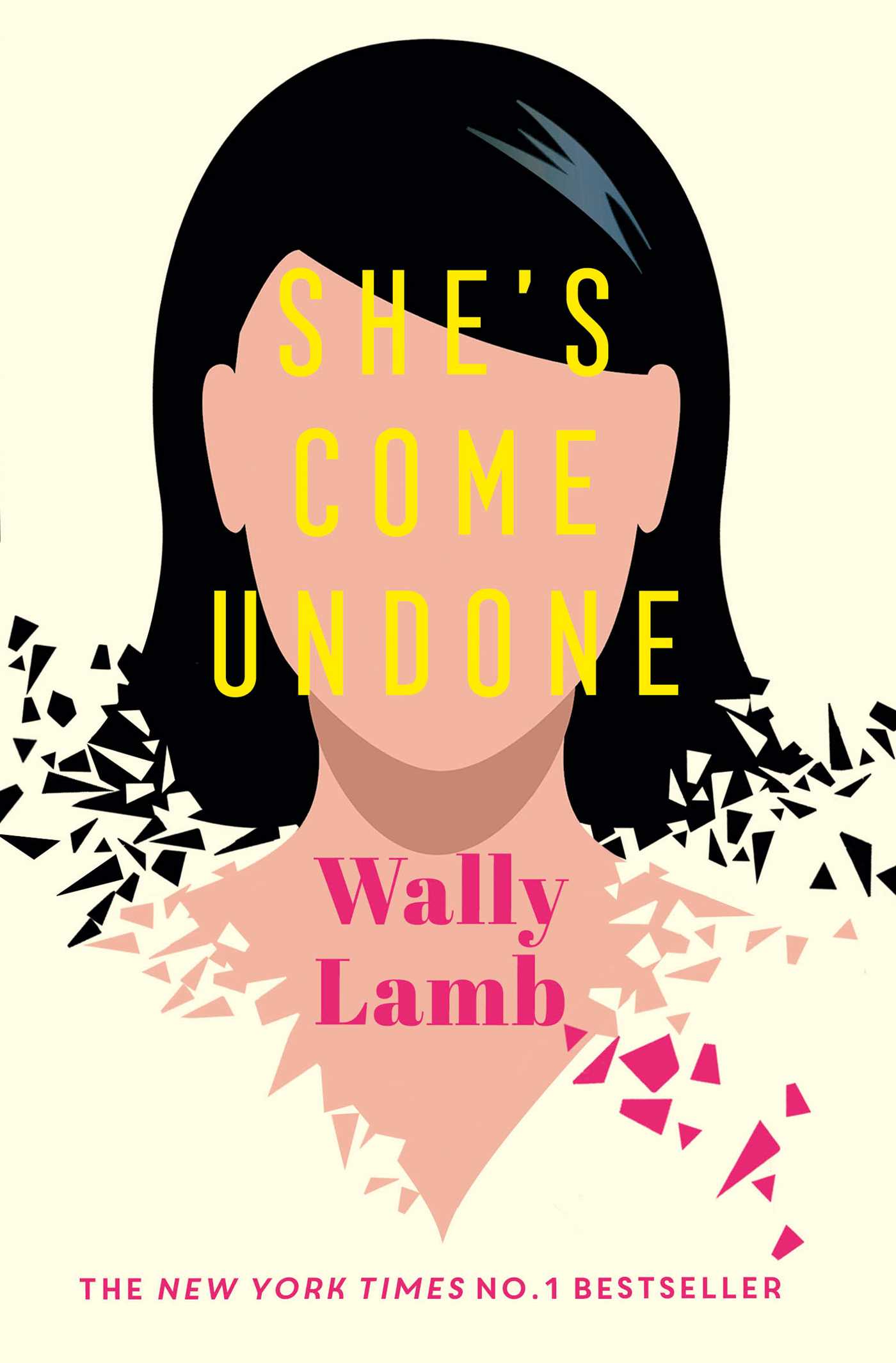Plus get our latest book recommendations, author news, and competitions right to your inbox.
Table of Contents
About The Book
Meet Dolores Price. She's thirteen, wise-mouthed but wounded. Beached like a whale in front of her bedroom TV, she spends the next few years nourishing herself with the chocolate, crisps and Pepsi her anxious mother supplies. When she finally rolls into young womanhood at 257 pounds, Dolores is no stronger and life is no kinder. But this time she's determined to rise to the occasion and give herself one more chance before really going belly up.
In his extraordinary coming-of-age odyssey, Wally Lamb invites us to hitch an incredible ride on a journey of love, pain, and renewal with the most heartbreakingly comical heroine to come along in years. At once a fragile girl and a hard-edged cynic, so tough to love yet so inimitably loveable, Dolores is as poignantly real as our own imperfections.
In his extraordinary coming-of-age odyssey, Wally Lamb invites us to hitch an incredible ride on a journey of love, pain, and renewal with the most heartbreakingly comical heroine to come along in years. At once a fragile girl and a hard-edged cynic, so tough to love yet so inimitably loveable, Dolores is as poignantly real as our own imperfections.
Reading Group Guide
Join our mailing list! Plus get our latest book recommendations, author news, and competitions right to your inbox.
By clicking 'Sign me up' I acknowledge that I have read and agree to the privacy policy and terms of use. Free ebook offer available to NEW AU subscribers only. Offer redeemable at Simon & Schuster's ebook fulfillment partner. Must redeem within 90 days. See full terms and conditions and this month's choices.
Reading Group Discussion Points
- How does Dolores' life parallel her mother's and how does she ultimately triumph and move beyond her tie to her mother's failures?
- Discuss the significance of water in the novel—as a symbol of both Dolores' breaking points and eventual recovery.
- How is religion, particulary Catholicism, treated in the novel? Is it a legitimate source of strength or simply another crutch to avoid dealing with the real problems in Dolores' family?
- Death, in many forms, frequently occurs in the novel. What is the impact of death on Dolores and is she ever able to move beyond the initial tragedy of her baby brother's death?
- Throughout her life, no matter where she is, Dolores always feels like on outsider. What perspective of reality dictates her actions—is Dolores misguided or is she a victim of her circumstances?
- How is Dolores' sexuality used to reflect her voyage in society Is her path in life guided by her dysfunctional relationships with men, beginning with her father, or are the men in her life simply potholes in her quest to search for her identity?
- Dolores' earliest memory revolves around the day her family received their first television set. Discuss the prevalence of popular culture in the novel, both in the shaping of Dolores' identity and the world she lives in.
- Whether talented or not, many characters in the novel express themselves through some form of art. Does "art imitate life" or does "life imitate art," and how is art used to give life to the characters and their emotions?
- Dolores frequently encounters people in her life who mirror family members who have disappointed her over the years. What is the role of the family and how does Dolores ultimately compensate for her losses through her relationships with caring outsiders?
- Dolores is both adored and loathed for her unconventional appearance. How is body image treated in the novel and how does it affect Dolores' growth and placement in society. Is her problem with social assimilation unique to her experience or a symptom of our society's definition of beauty?
- Discuss the significance of Dolores' mother's flying leg painting. Her mother is killed before she really gets a chance to fly—what facilitates Dolores' ability to finally accept her mother's failures and create her own wings to fly towards a better future?
- Much of the attention of She's Come Undone has focused on a male writer's ability (or inability) to write authentically in the voice of a female character. What other male fiction writers of the present and/or the past have experimented with women's "voices"? What female writers have written in the voice of males? Is it appropriate for fiction writers to give themselves such "gender-bending" assignments? Is it politically correct? Is it a more socially acceptable task for writers of one gender than for the other?
- Wally Lamb has described "good literature" as writing that explores the imperfections of the world and "kicks readers in their pants, shakes them out of their complacency about a world that needs fixing." Do you agree or disagree with this definition? How does it apply to She's Come Undone?
Product Details
- Publisher: Simon & Schuster UK (April 6, 2000)
- Length: 480 pages
- ISBN13: 9780684860091
Browse Related Books
Resources and Downloads
High Resolution Images
- Book Cover Image (jpg): She's Come Undone Paperback 9780684860091
- Author Photo (jpg): Wally Lamb Photograph by Shana Sureck(0.1 MB)
Any use of an author photo must include its respective photo credit





